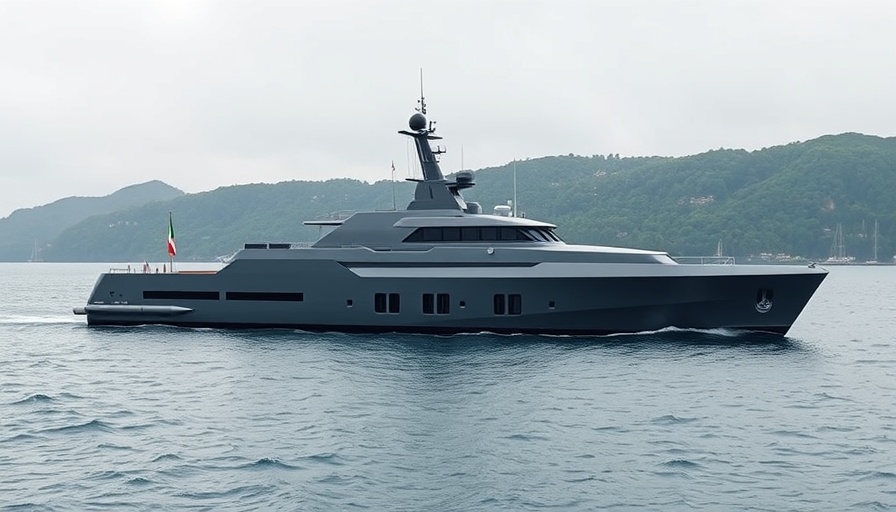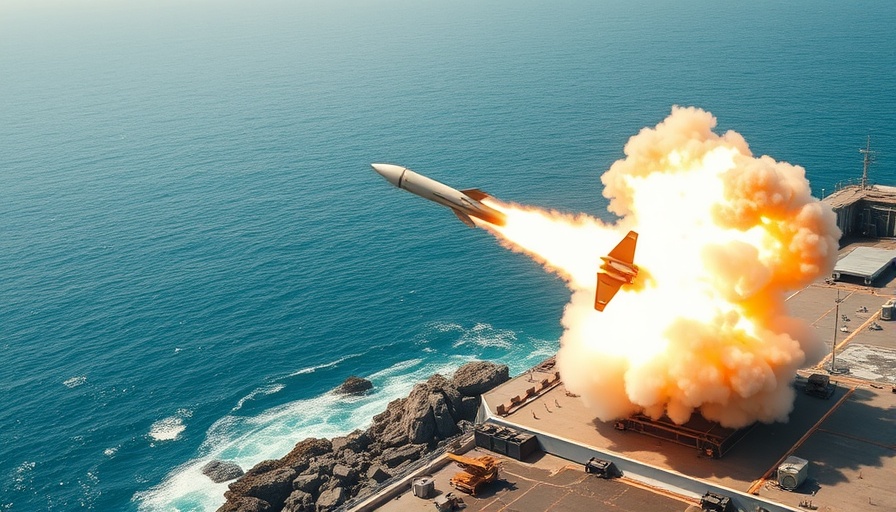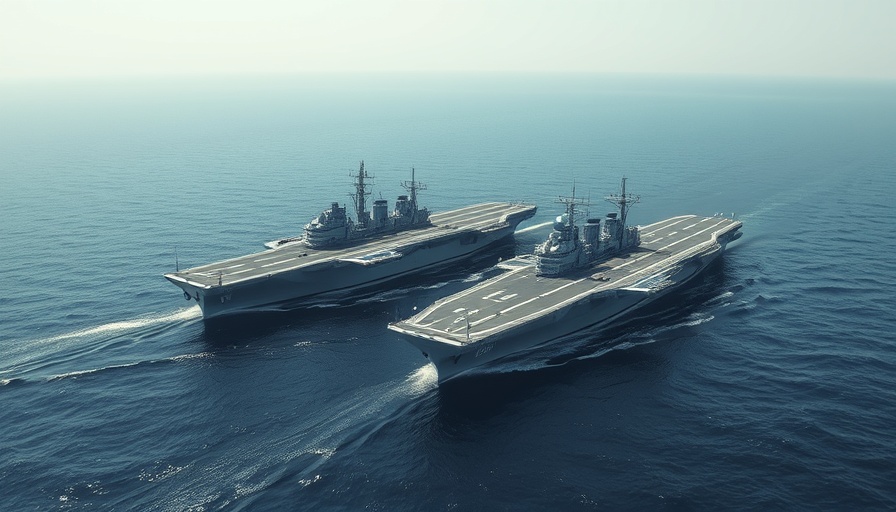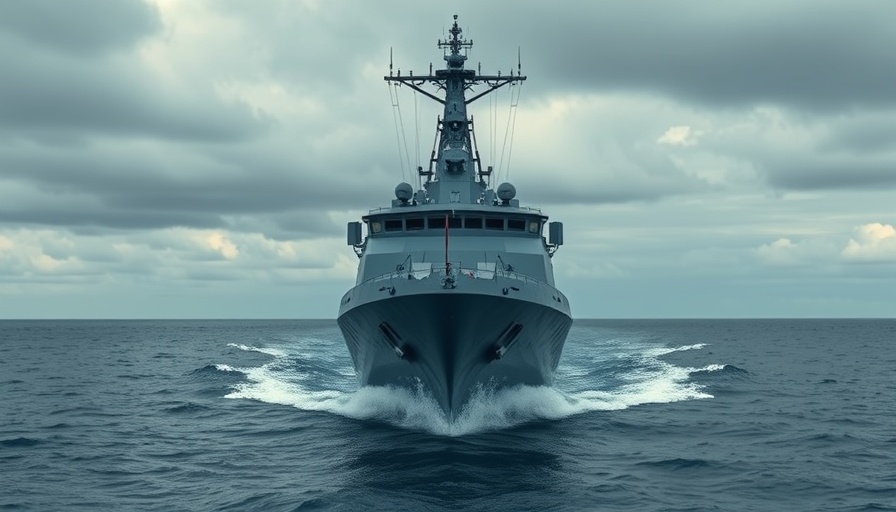
The Italian Navy’s New Acquisition Strategy
This week, the Italian Navy made headlines by confirming a contract with shipbuilder Fincantieri for the procurement of two PPA (Patrol Periodic Action) multimission vessels. With a substantial contract value of €700 million (approximately $819 million), the decision not only aims to enhance Italy's naval capabilities but also to accommodate a recent shift in priorities after two of their previously ordered vessels were redirected to Indonesia. The expected delivery of these new vessels is slated for 2029 and 2030.
Transforming Challenges into Opportunities
The strategy of diverting ships initially intended for domestic use to foreign clients, such as Indonesia, highlights a transformative approach by Italy in the military exporting arena. This tactic allows Italy to promise international clients expedited delivery times while simultaneously ensuring they receive the same high-quality product as the Italian Navy. This dual strategy has proven effective; Italy has seen success in previous dealings, such as the sale of two Fremm frigates to Egypt. This willingness to accommodate foreign buyers while keeping national interests secured is admirable and innovative.
Technological Features of the New Vessels
The new PPA vessels will be 143 meters in length, reach speeds of 31 knots, and support a crew of 171 personnel. They will come equipped with advanced systems provided by Leonardo, Italy’s defense giant. The versions entering service will be a “Light Plus” variant, designed to fulfill a range of mission profiles. Additionally, Fincantieri has unveiled an updated “EVO” version featuring enhanced munitions capabilities, including new missile systems.
Implications for the Global Shipbuilding Industry
The implications of Italy's shipbuilding strategy extend beyond national security and defense. It demonstrates a growing trend in the maritime industry—where timelines and flexibility in production can make or break international sales pitches. For countries looking to modernize their fleets in a time-efficient manner, game-changing agreements like those with Italy will play a significant role in their procurement processes.
Future Predictions and Market Trends
As the global demand for advanced military technology continues to rise, particularly within emerging markets, Italy's approach may set a precedent for other nations. This could lead to an increased focus on defense cooperation initiatives across Europe and Southeast Asia. Furthermore, as countries invest in maritime capabilities, we could see an upswing in partnerships and collaborative ventures aimed at addressing shared security challenges.
Conclusion: The Effective Dynamics of Military Procurement
Italy's contract with Fincantieri not only addresses immediate needs for its navy but also offers insights into a changing global landscape in military procurement. As the defense industry evolves, how countries balance national needs with international sales will be crucial. The successful incorporation of innovative strategies could serve as a model for other nations striving for military enhancement without compromising on domestic interests. The Italian Navy's latest acquisition may very well reflect the future pathways of global defense collaborations.
 Add Row
Add Row  Add
Add 




 Add Row
Add Row  Add
Add 

Write A Comment